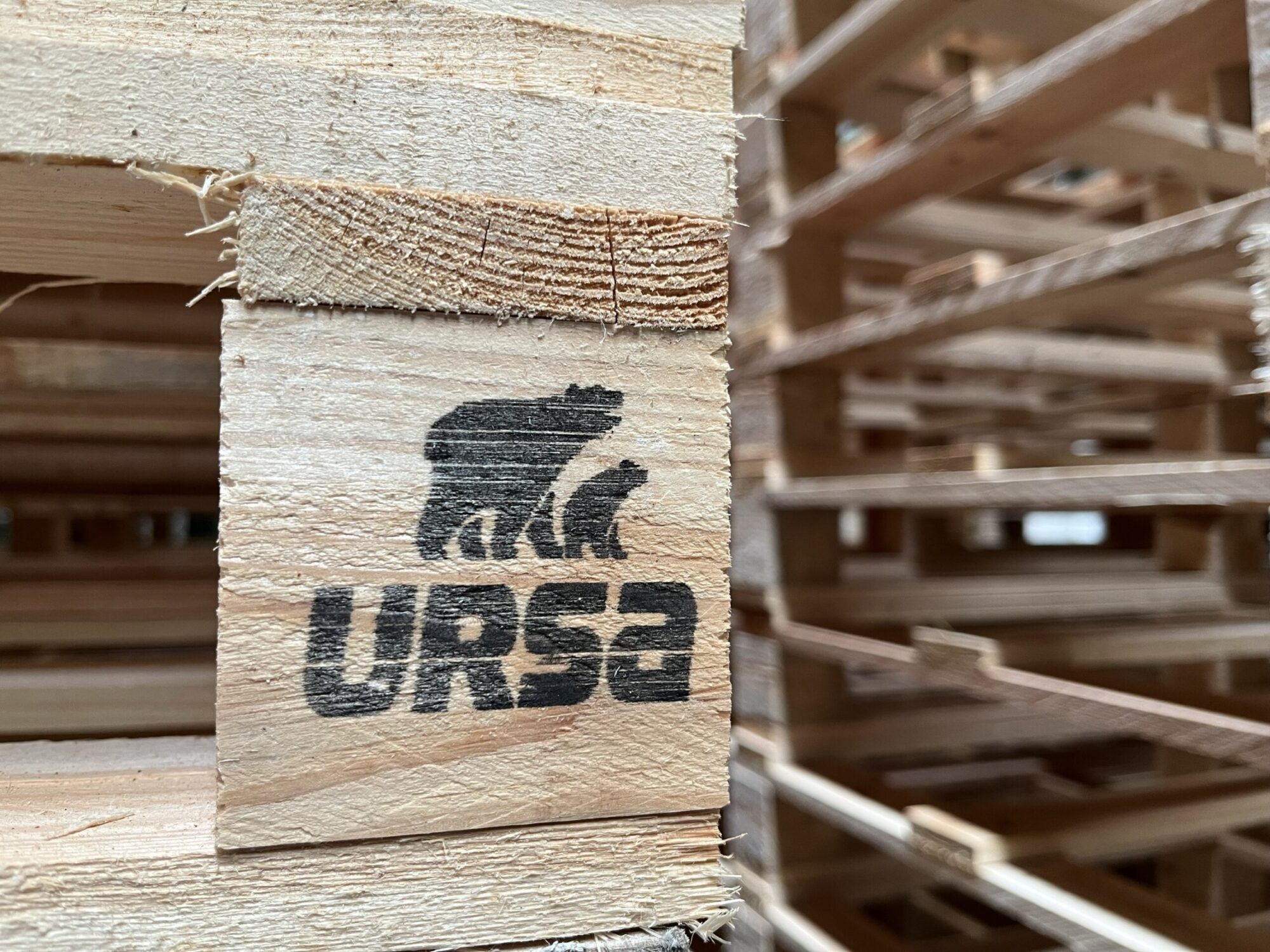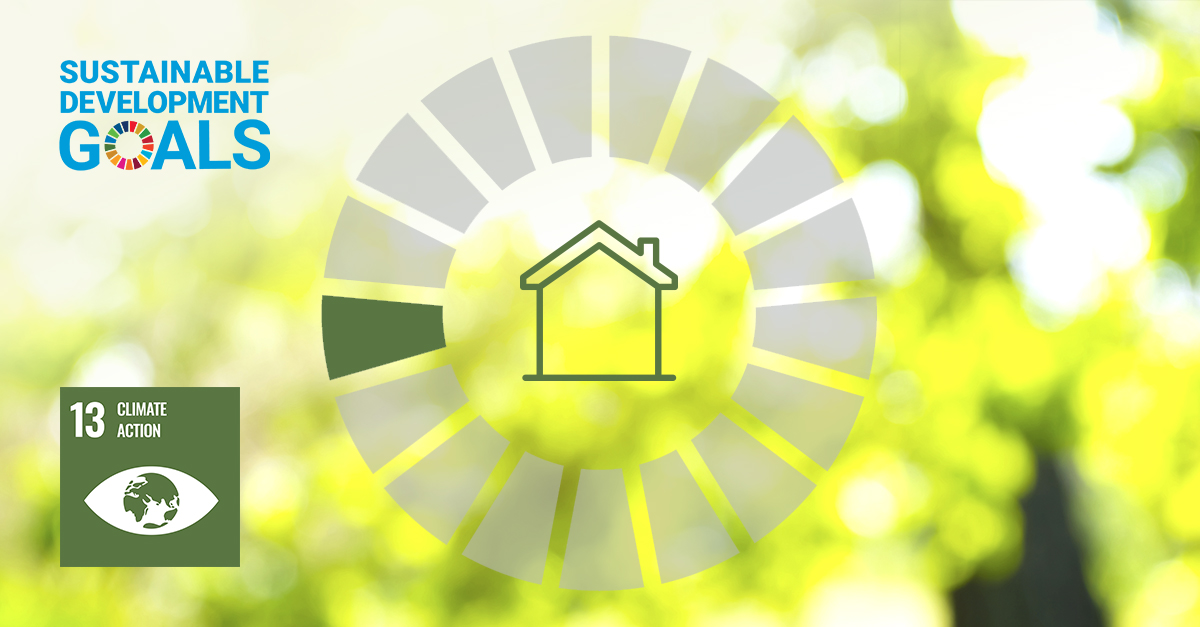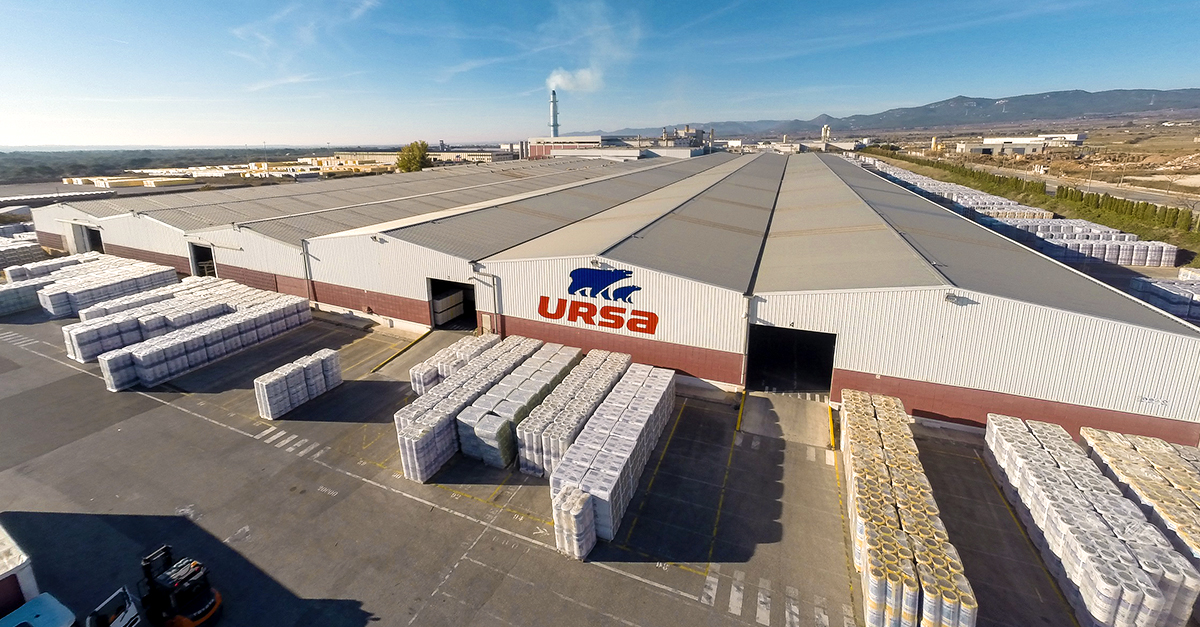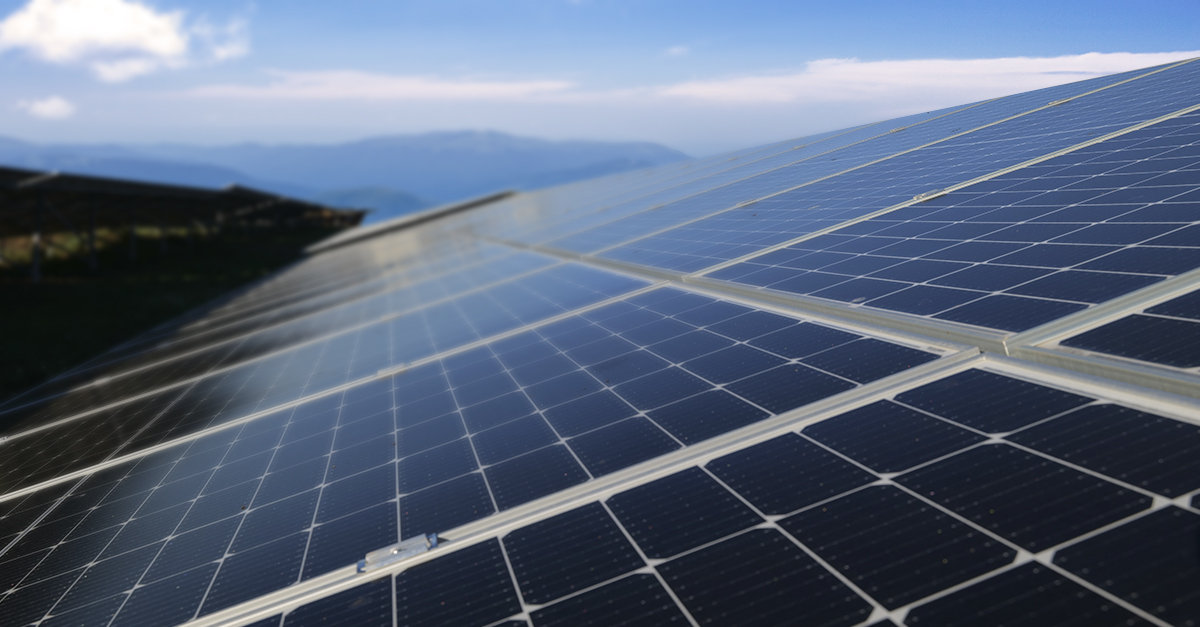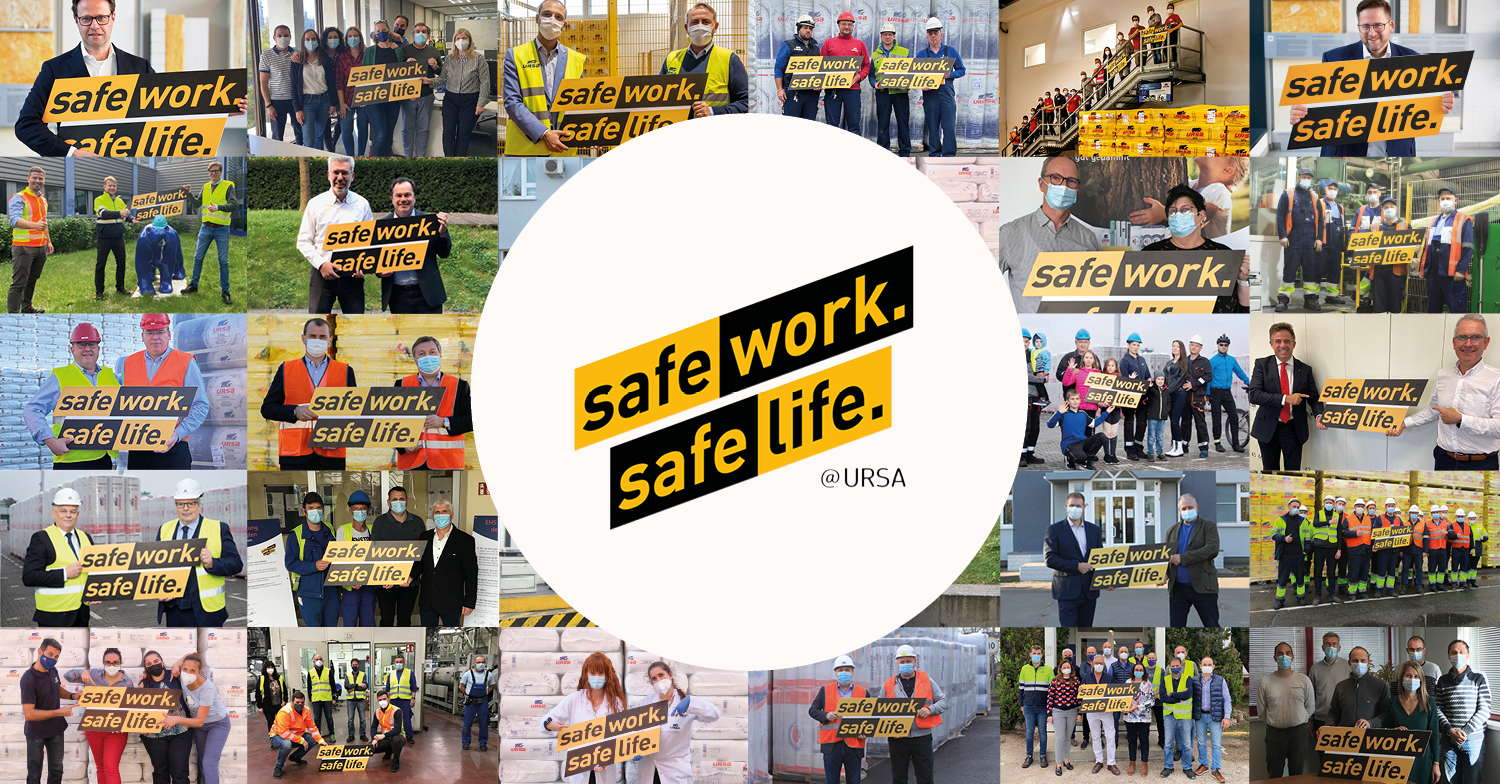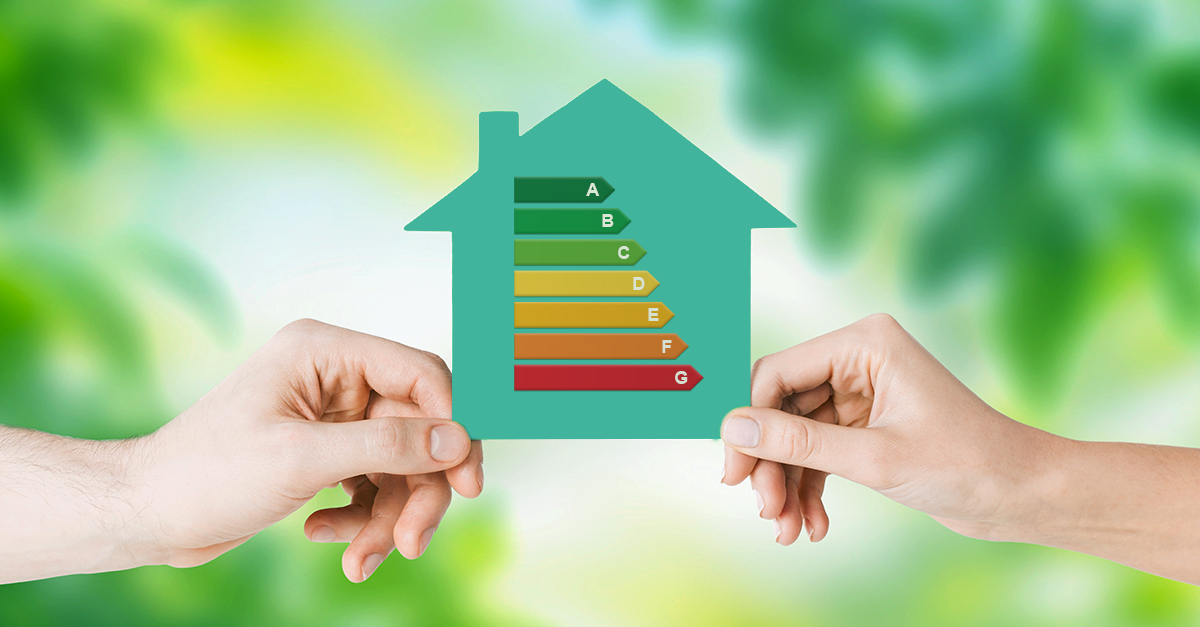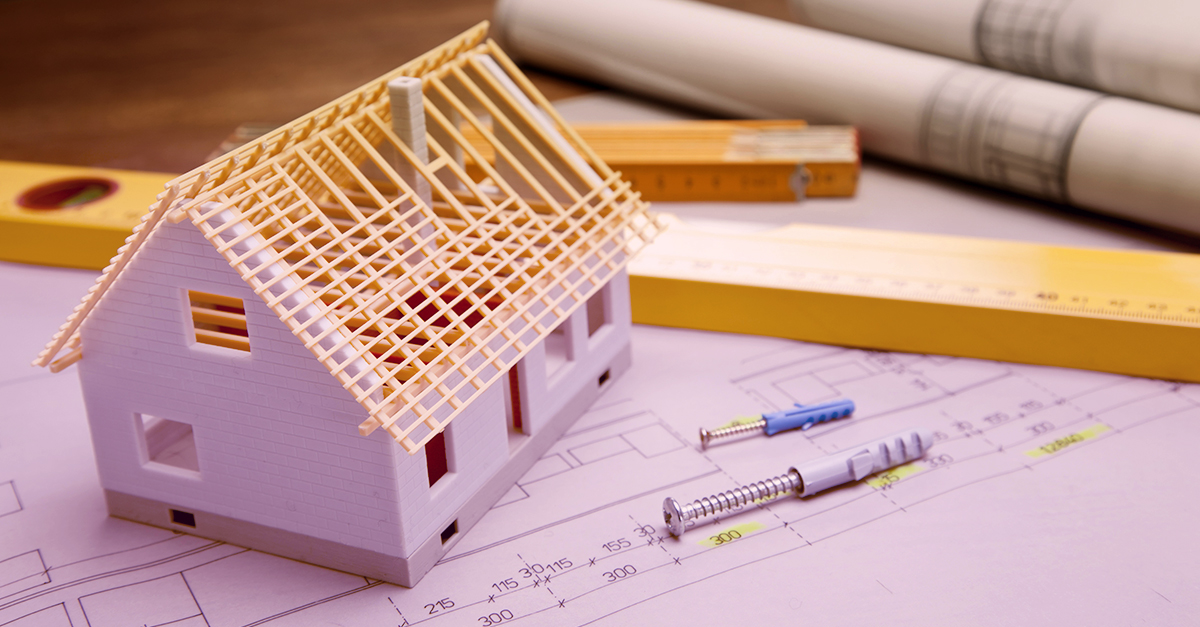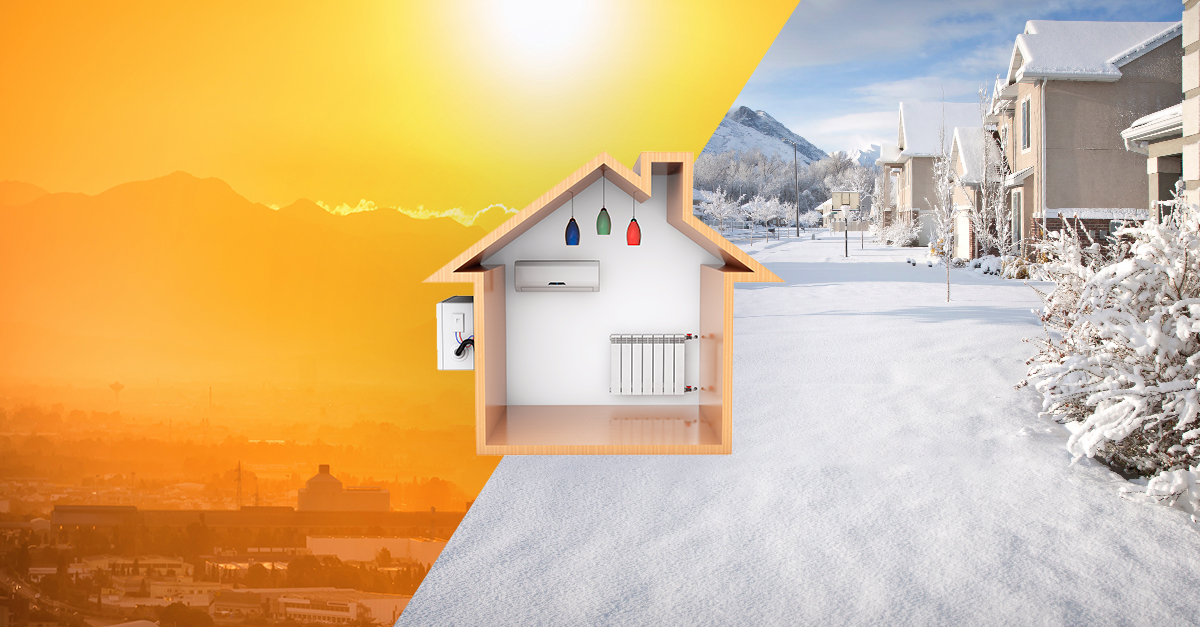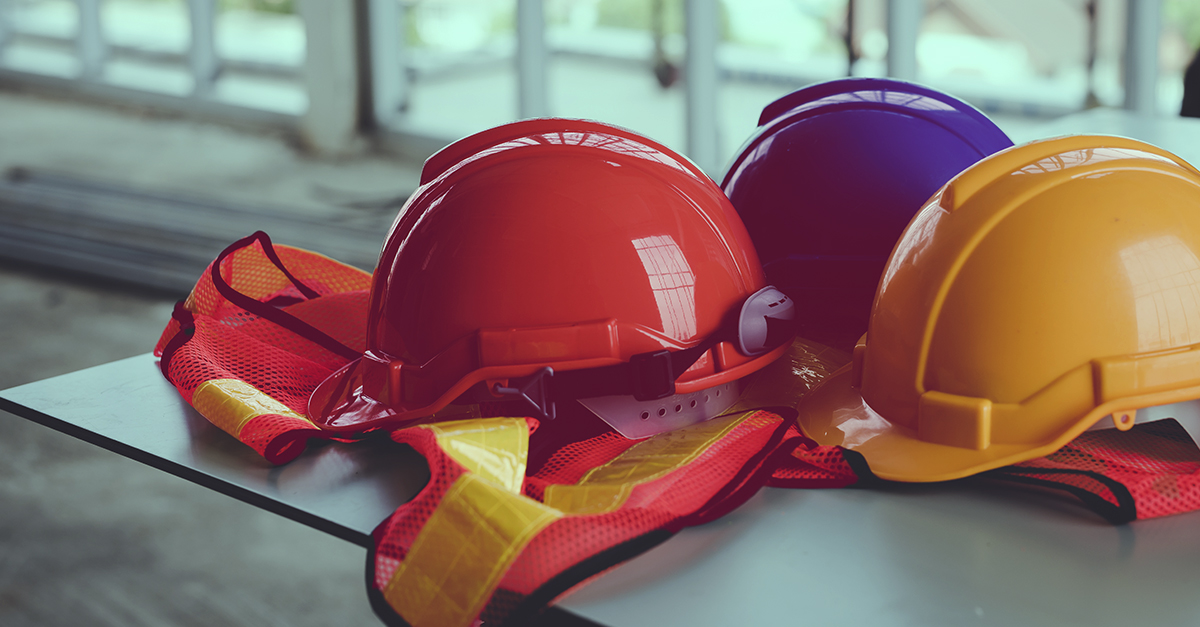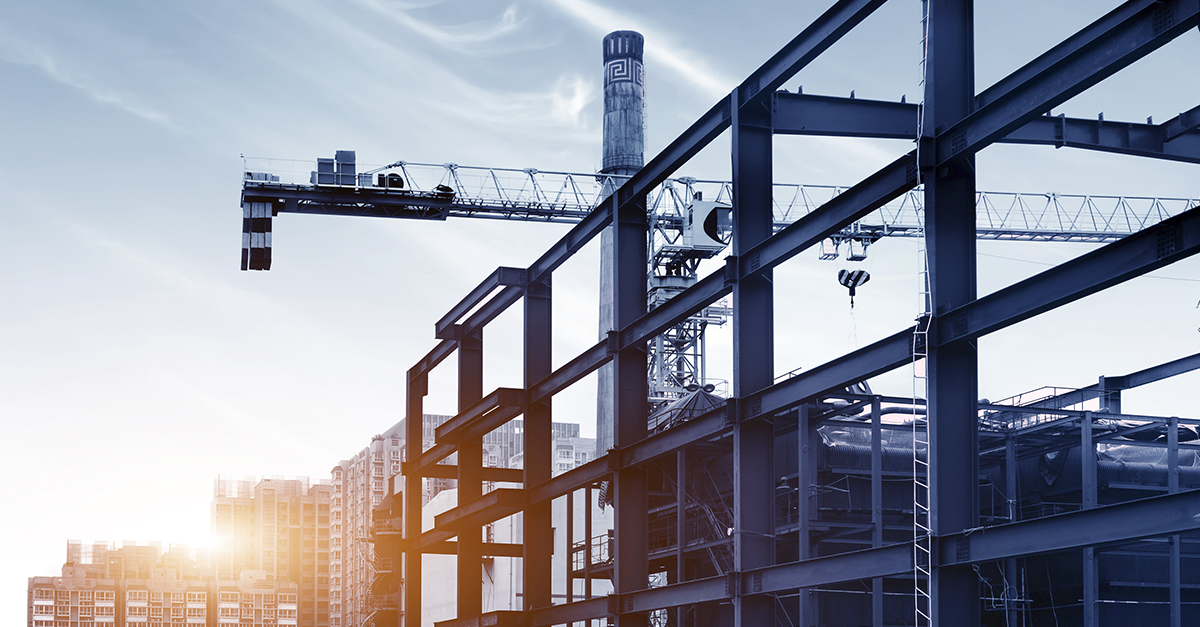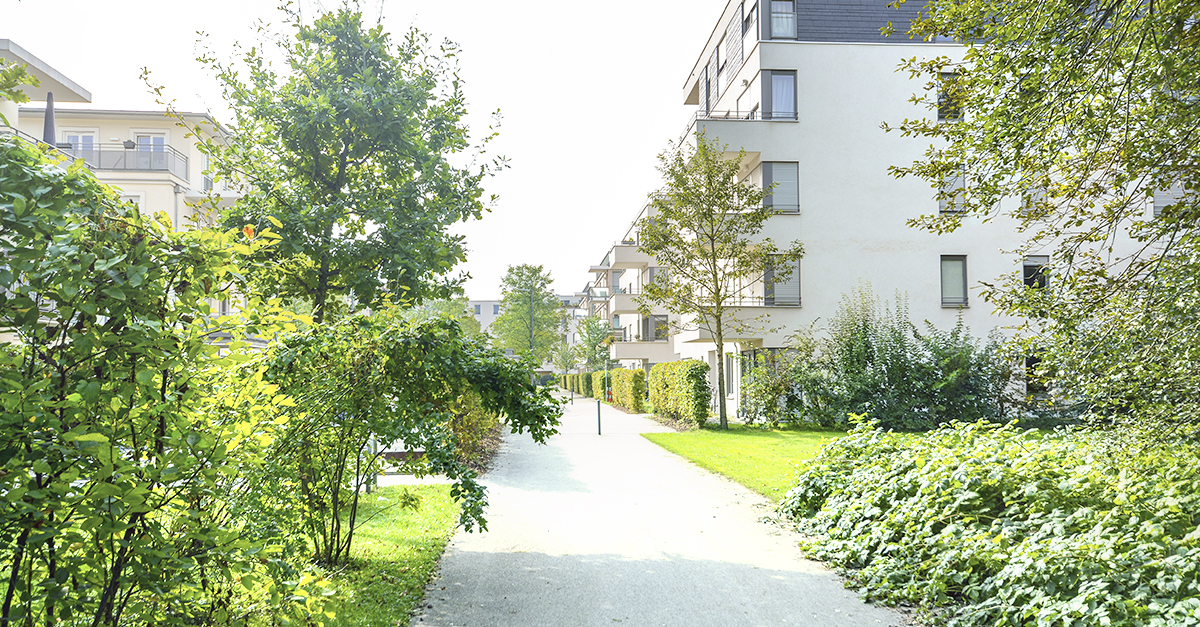Renovate to Survive - can we beat the energy efficiency challenge?
Have you thought about what are the real challenges of energy efficiency? There are many that we need to tackle but building renovation is key as it represents 36% of CO2 emissions. But it can never be an individual effort...
Share

It's been a hot summer across Europe this year, with some countries reporting record temperatures well above 40ºC. Whatever your personal opinion on climate change issues, the fact is, temperatures are rising. Faced with a global need to use more and more energy just to maintain a comfortable environment, the design of the buildings we live in is an increasingly critical issue.
Buildings and the construction industry account for almost 40% of CO2 emissions worldwide, and 36% of global final energy consumption[1]. Coincidentally, 36% is also the amount by which Europe aims to reduce energy consumption in the building sector by 2030, with a raft of EU-wide programs and measures.
So, what's the challenge? Not new buildings. All new construction is in line with EU legislation and standards and fit for future use. The difficulty is that most existing buildings predate any modern criteria or energy performance standards and require renovating to comply. This would not only result in energy-efficient dwellings and commercial spaces but would also create new jobs, reduce the reliance on imported energy, lessen energy poverty, and, in a nutshell, make the world a more comfortable place to live.
However, at the current rate of renovation, the full potential improvement will not be achieved before the end of the century. So, what's the delay?
If energy efficiency is so great, what are we waiting for?
The simple answer is, we're human - in other words, we often seem allergic to doing what's good for us. More specifically, there are two main barriers to tackling the energy efficiency of older buildings…
The first goes directly to the point about 'being human'. As consumers, we have a huge collective influence on the energy industry through our consumption practices. However, as individuals, we don't like to give up anything that gives us pleasure or makes life easier, even if in the end it's better for us. Without a widespread culture of awareness (and care), we are unlikely to work together toward reducing our energy usage.
The second barrier is economic. Even for people who accept the need to change, that change is not always possible - after all, energy-efficient building renovation, even though an excellent measure, is not for free. Unfortunately, despite some EU incentive schemes, including grants, VAT reduction, and business loans, the current take-up is unlikely to be sufficient to hit the 2030 target.
What needs to happen?
The problem is clear. The EU's raft of goals, measures, and incentives are in place. What's missing is the will to take advantage of the incentives and achieve those goals.
One factor is a lack of evidence-based estimates relating to the expected energy savings, the social benefits, or the wider advantages for home and business consumers, of building renovation.
What we need is:
- The building industry to persuasively communicate the benefits in terms of health, economy, and reduced energy consumption.
- Institutions (including the EU) to provide better information on policies and measures to incentivize cost-effective renovations of older buildings, with the aim of converting sector and opinion influencers to ambassadors, to help overcome the cultural and behavioral barriers.
- Consumers to trust and support the need for climate-friendly lifestyle changes.
However, this won't happen if the various stakeholders continue to act (or not) in isolation. If we want to change today's landscape for a better tomorrow, we need a joint effort. One that includes industry, administration and government, and consumers. We all need to examine our real reasons for not stepping up. And overcome whatever fears and doubts are preventing us from accepting that 'no change' is no option.
The need is clear. The target also. When will we take action?
This article was originally published on LinkedIn in November 2019.
Share
Categories
Lastest news
Tags
- Accelerate Renovation
- Building Renovation
- Certification
- Circular Economy
- circulareconomy
- Climate change
- CO2 Reduction
- Comfort
- Deep renovation
- Descarbonization
- Diversity
- Energy efficiency
- Environment
- EPBD
- Equality
- ESG
- ETEX Group
- Eurima
- Green Deal
- Healthy Buildings
- Healthy homes
- Indoor air quality
- Industry
- innovation
- InspiringWaysOfLiving
- Insulation
- InternationalWomensDay
- LCA
- Mineral wool
- PrioritisePeople
- Recycle
- renewable energy
- Renovation Wave
- reuse
- Safe homes
- Safe life
- Safe work
- Safety
- Save
- Solidarity
- Sustainability
- Thermal insulation
- UN Sustainable Development Goals
- United Nations Global Compact
- UnitedToInspire
- URSA
- Ventilation
- waste
- We are URSA
- We are Xella
- Women
- WorldPolarBearDay
- Xella Group


